Walking into the Gävle Room on Feb. 16 was akin to stepping into a separate universe right on campus. Heartfelt displays of remembrance, friendly faces promoting mental health resources,student and parent groups and therapy animals filled the space with a sense of love and support. This feeling of togetherness never wavered through the most uplifting and reflective portions of the night, mirroring the philosophy of the event’s host, The Gray Matters Collective (TGMC).
Though the event was a celebration of its fifth year of operation, the Augustana-born collective made it clear: It is the students, families and advocates who continue to fuel its continued expansion. There is strength in numbers, and TGMC is not done growing.
The sheer number of attendees and the variety of resources present in the room was a good indication of just how much TGMC has grown since its inception in 2018. What began as a photo campaign created by then-students Haley DeGreve and Kevin Donovan has expanded to include so many more community members from the Quad Cities. Many of these members are local high school students and teachers.
At the table for the Rock Island High School (RIHS) chapter were student representatives Leah Kitterman and Maryam Alhamda and teachers Connie Hayek and Michelle Greenwood. Their testimony is evidence of the power students have to uplift and encourage their peers.
“I got involved through one of my friends. She brought me, and then I became a student leader,” Kitterman said. “Typically we plan two months in advance what we’re going to do weekly. Sometimes, we try to associate it with holidays and plan out events that everybody can get involved in.”
Behind the commitment of high school students willing to plan, coordinate and lead meetings lies an acute awareness of the importance of mental health advocacy. Students who, like Kitterman, join through their friends demonstrate the power of peer networks. The demands of planning, cultural awareness and leadership provide powerful opportunities for students to grow as individuals and to grow the membership of the collective. Growth isn’t always linear, but perseverance in the face of roadblocks is key to successful advocacy.
“We have seen a great need amongst our students. They really needed something extra to give support,” Greenwood said. “We took the first step to say to the school district, ‘we think this is something that we need.’ I knew Haley, so I talked to her and then we were able to make that connection to get started.”
Hayek said that interest in the RIHS chapter, though slow to start, has been largely student-led and continues to reach new people.
“[Initial growth] was a little bit slow, but more students started to talk and then encouraged friends to attend,” Hayek said. “We’re really happy because this year there are more male students attending than we’ve had in previous years. We’re hoping to keep reaching more of the athletic groups and others too.”
What began as a single campaign at Augustana has blossomed into over 40 chapters across the Quad Cities area. Janey Locander, a junior at Augustana, has been involved in Gray Matters since her sophomore year. She said that one of the group’s strengths is its ability to advocate for all different types of people with varying needs.
“Just from this one chapter here on campus, [Haley] has gone to all of the high schools in the area, like my former high school. She’s started chapters for everybody, which I think is great,” Locander said. “The Quad Cities area itself is so diverse, and just from living here, I know that mental health access is so hard. I’ve been lucky enough to have the means to afford therapy, but before Gray Matters came in, you’d get put on a waiting list for months and months to get a therapy appointment.”
When access to mental health care is limited, community action can empower those most in need. In this way, the formation of individualized chapters has been indispensable in growing the size of the collective and supporting all kinds of people. Though word-of-mouth has been vital in that regard, social media has also been valuable in spreading mental health awareness. Locander said that social media, though useful, has its limitations.
“Haley is really good about using Instagram and social media, and she has monthly schedules of events. Pushing information out to the student body is hard because people don’t like change,” Locander said. “They don’t like the new things. If people don’t want to show up, they’re not going to.”
In five years, The Gray Matters Collective has seen continued growth, collaborations with advocacy and care organizations in the Quad Cities, massive student support and relationship-building across communities. The celebration was an acknowledgement of this success, but also a call to action. Keynote speakers, poets, authors, community leaders, parents and other advocates were consistent in their message: the fight against mental health stigma and suicide is ongoing and as important as ever.
As Gray Matters has become a stronger organization, their scope has expanded first beyond Illinois to Iowa and the Quad Cities area, but is now beginning to push beyond regional borders into other states. Ethan Rivera leads Gray Man Group, Gray Matters’ men’s chapter. He said that outreach has brought in many outside organizations, but that everybody involved has the same core goal.
“As a collective, we’re one big team that has the same message,” Rivera said. “These students are reaching out to their local advisors, teachers and friends and they’re trying to fight the stigma of mental health and trying to battle suicide. We need this in the Quad Cities, which struggles more than the national average, and it speaks volumes knowing that these kids have reached out to so many different people to get the ball rolling on their chapters.”
The strengthened foundations of TGMC in the Quad Cities has allowed for more resources to go towards outreach beyond regional borders. Rivera said that one of his biggest goals is to expand the collective into more states.
“I would like to see more chapters in other states. We’re in Illinois and Iowa, and currently in the works with Nevada, Idaho, Virginia and possibly Texas,” Rivera said. “Other states definitely want to be involved with us, and we want to be involved with them. It’s just a matter of time and work that we’ve got to put in to make that happen.”
Besides expansion, Rivera said that the battle against mental health stigma is invariably one that takes time and effort because of its cultural roots.
“I really want to advocate specifically for men’s mental health. Especially college students, younger adults, it is okay to speak up,” Rivera said. “Speak what’s on your mind. Be vulnerable and let your guard down because as a man, we face a masculine stereotype that we shouldn’t speak out because it shows weakness, and that’s a fight I want to battle for the rest of my life.”
In this sentiment lies a foundational principle of TGMC, embodied in the concept of “starfish throwing.” Locander said that the concept inspires her to do her part in supporting others.
“The very first story Haley tends to tell at these events is the starfish story,” Locander said. “This little girl and this old man are on the beach where there are so many starfish washed up. This little girl is throwing starfish back into the water to try to save them, and the old man turns to her and asks, ‘Why are you trying to save them? You can’t save them all.’ She replies, ‘I know I can’t save them all, but it’s worth saving the ones that I can.”
Though we as individuals have limited power to enact change, limitation doesn’t mean futility. The day-to-day support we can choose to provide each other could mean far more to those who need it than we might realize. Choosing to be starfish throwers, despite the seemingly endless need for support, not only improves the lives of those you do reach, but encourages others to join you, focused no longer on what’s impossible, but what’s actual and impactful.
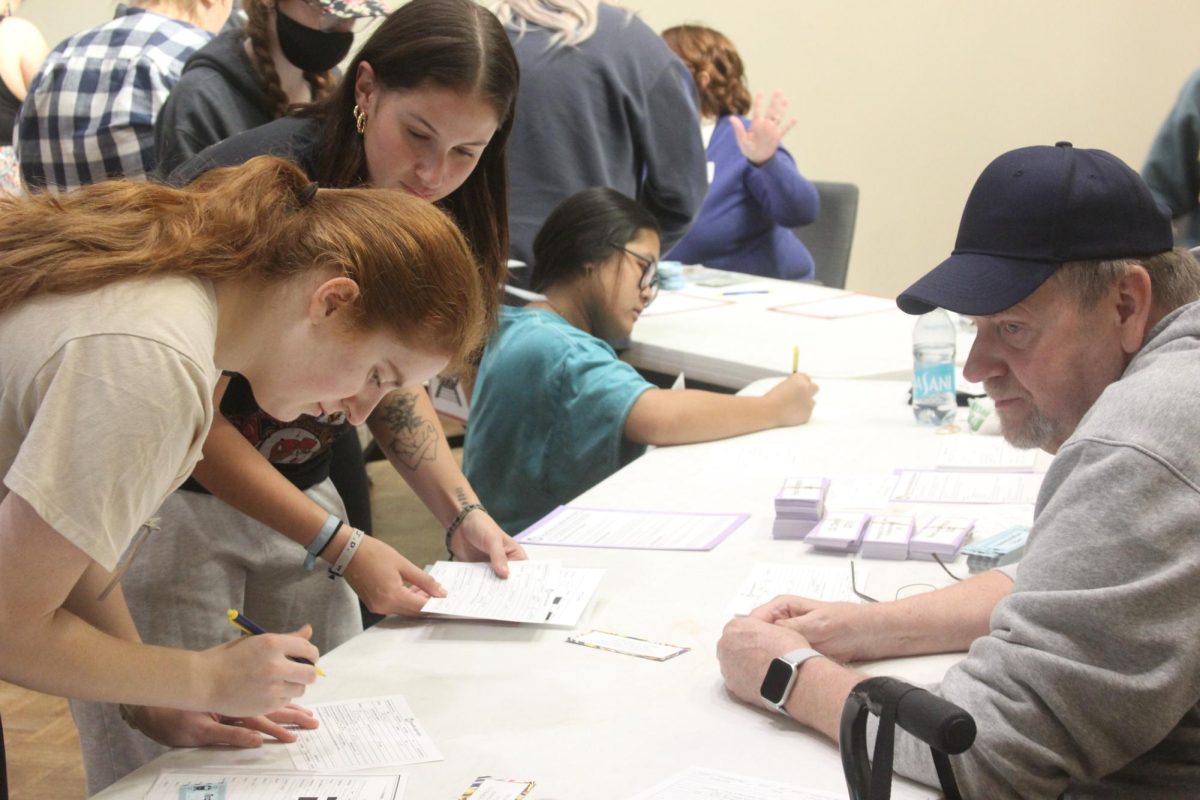
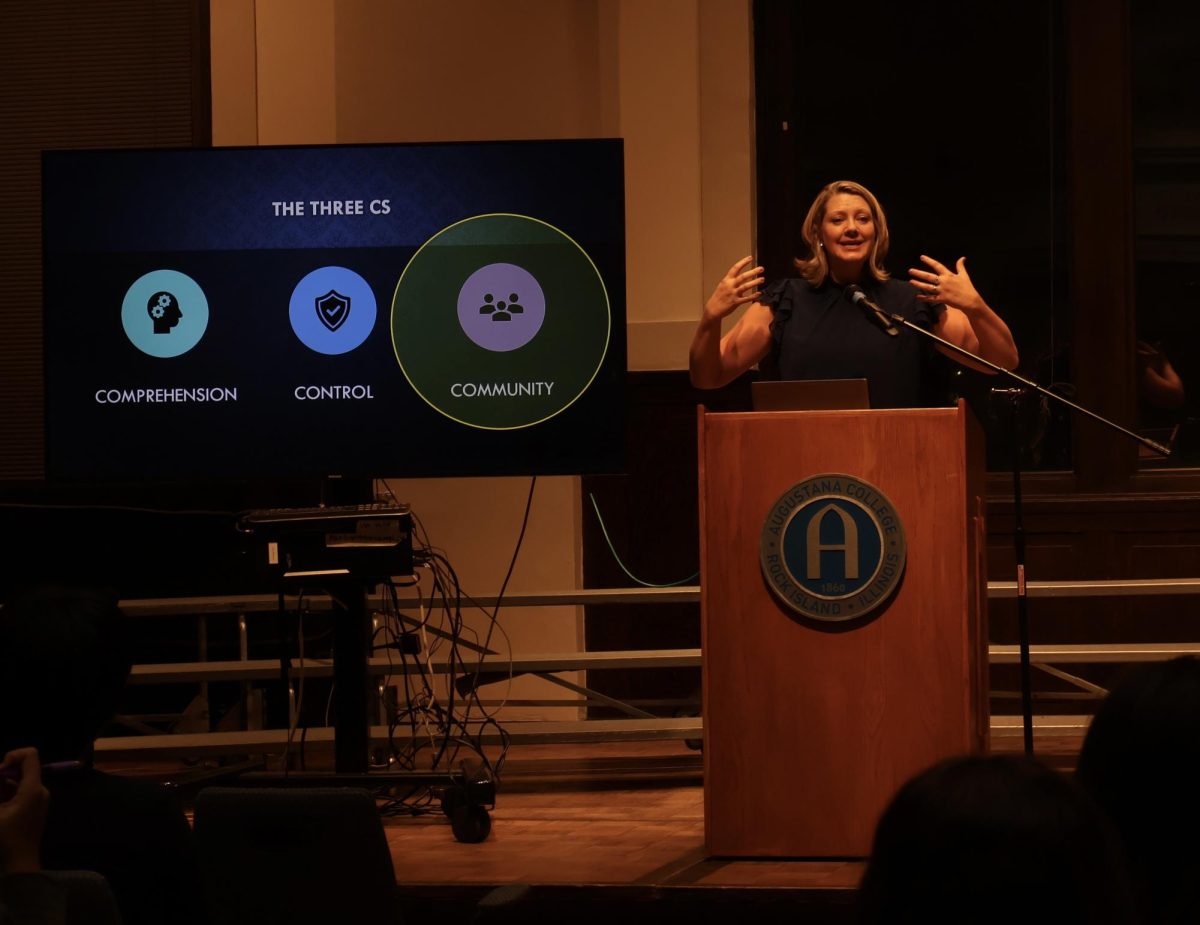
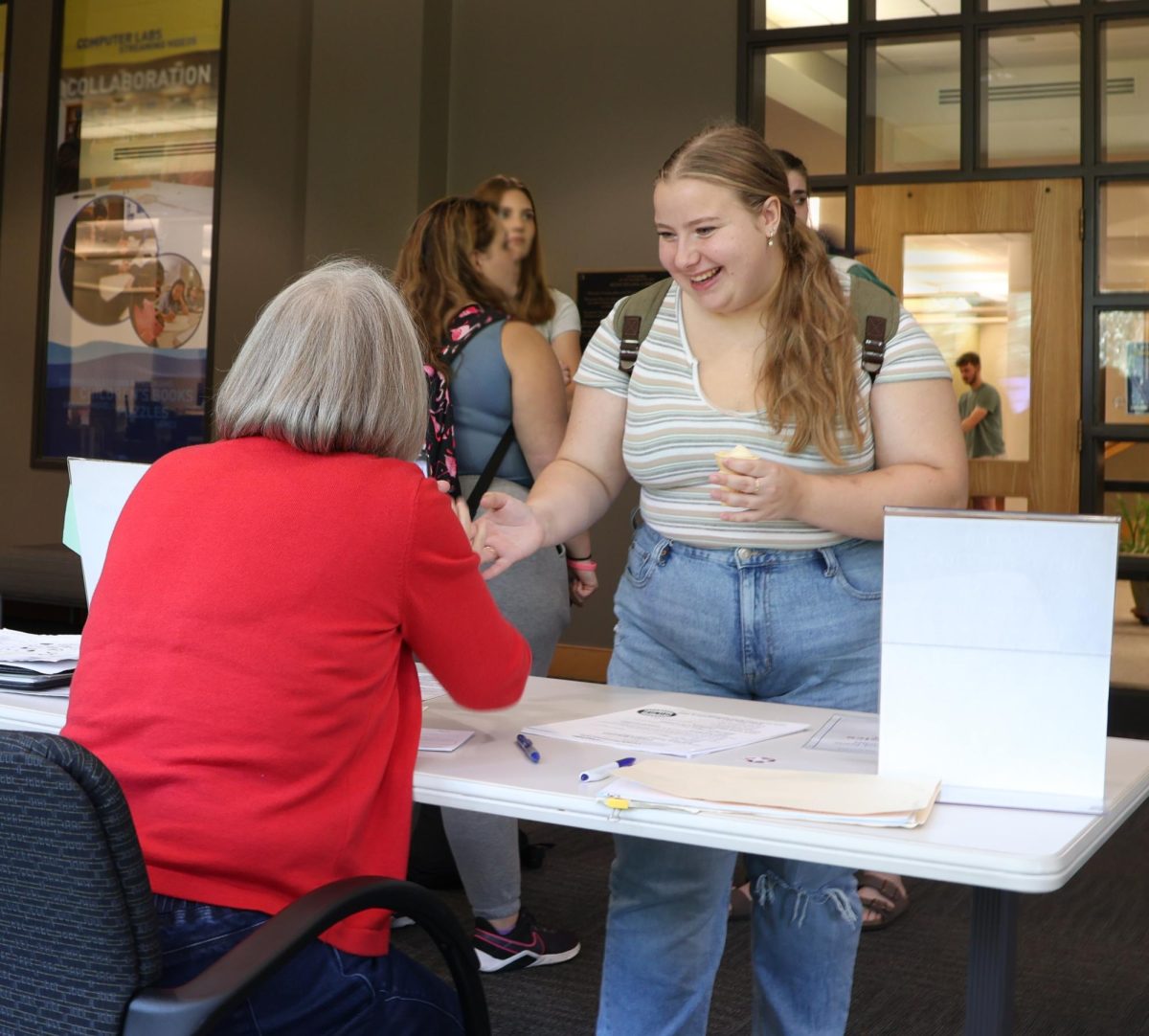
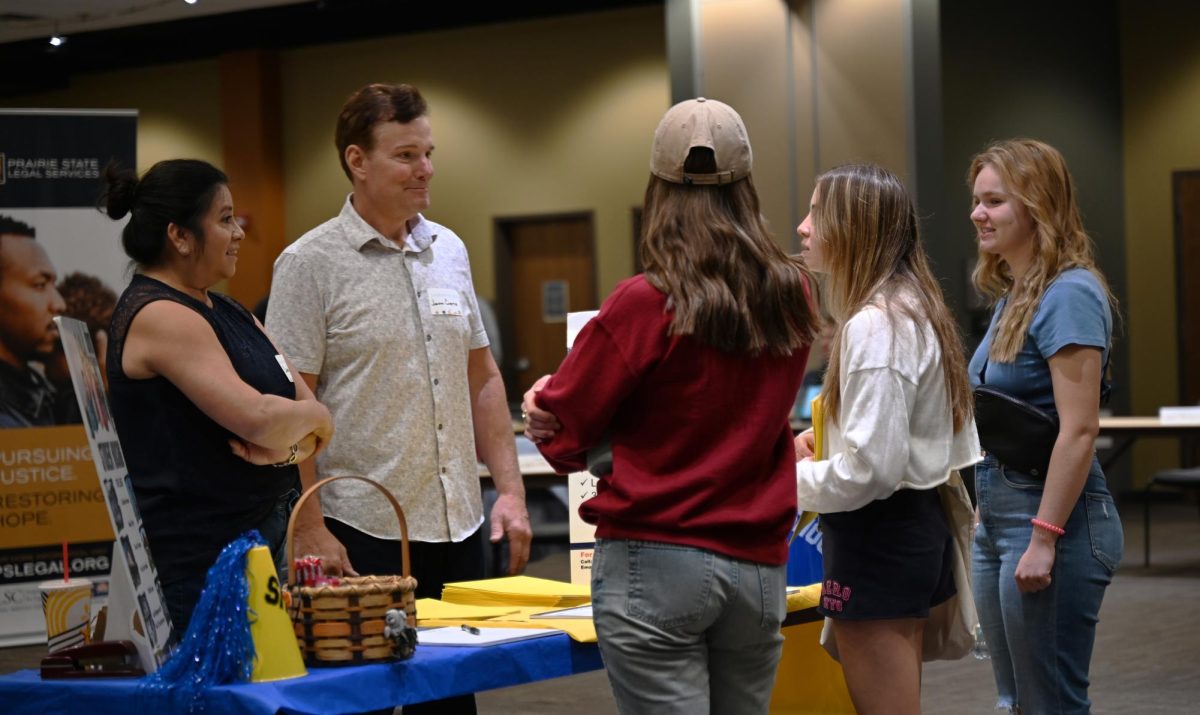

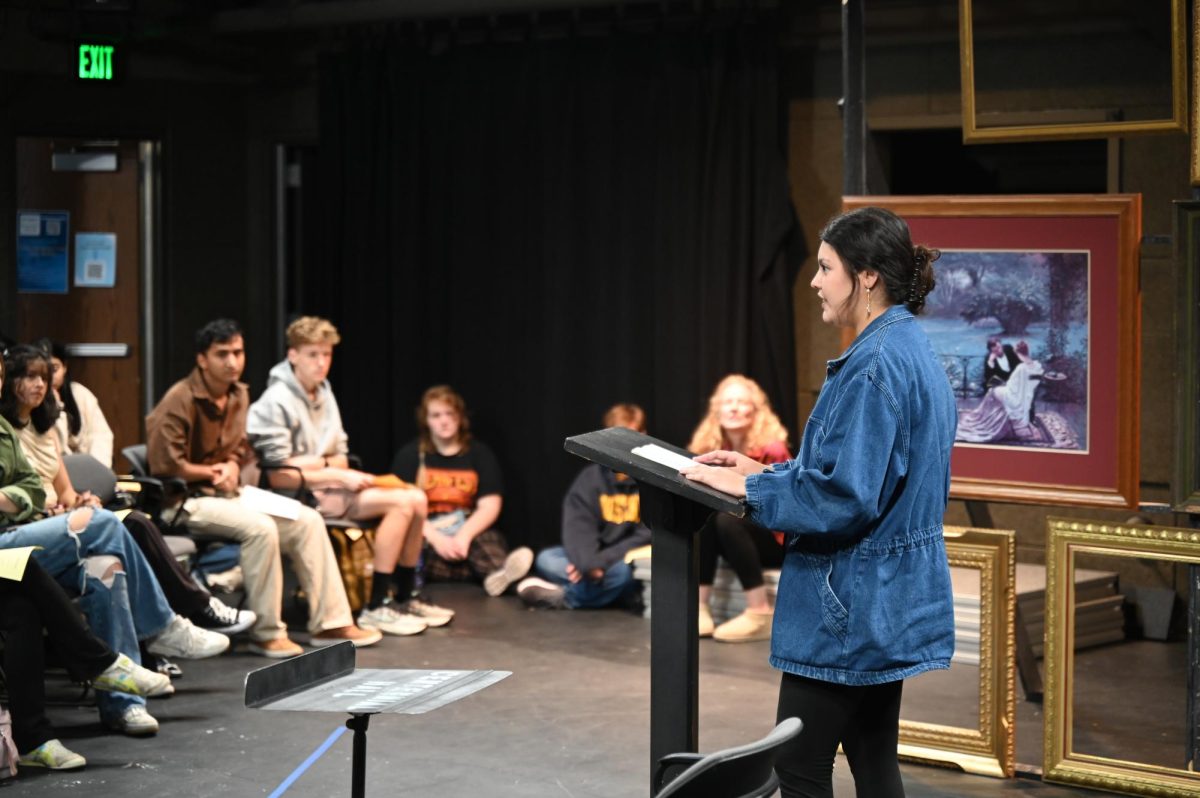
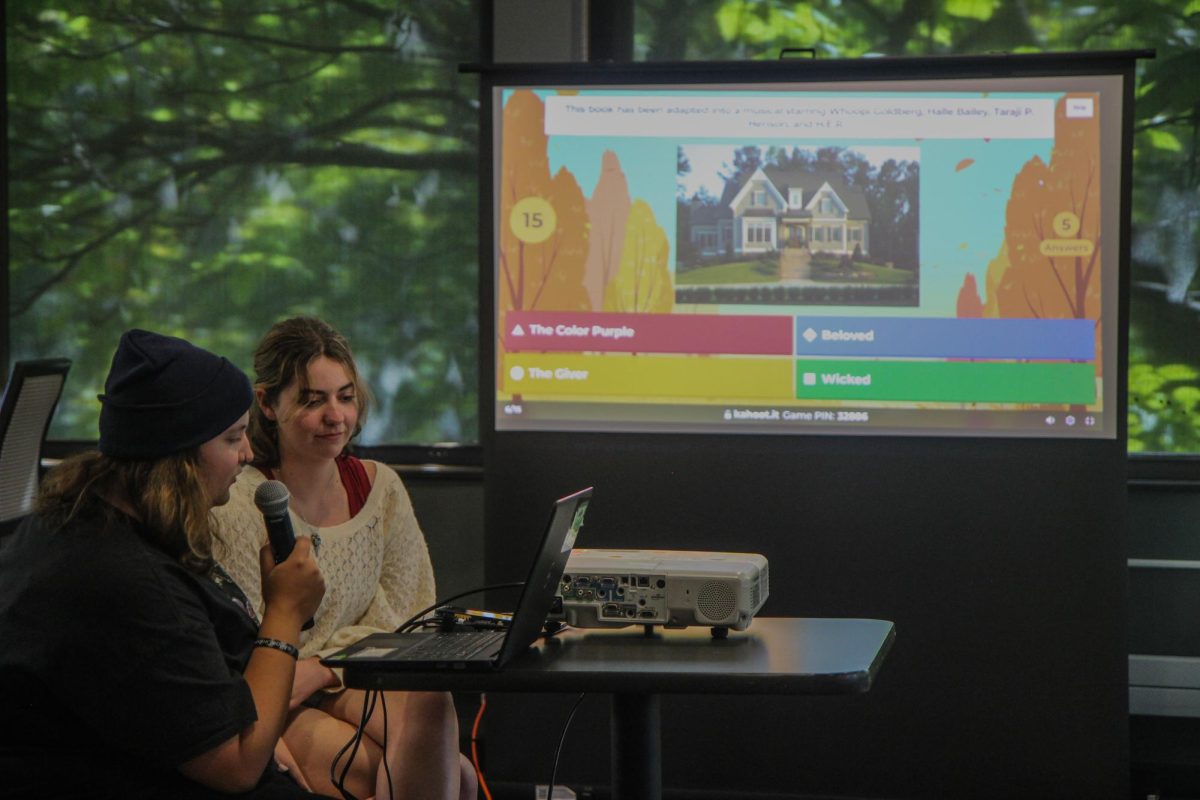
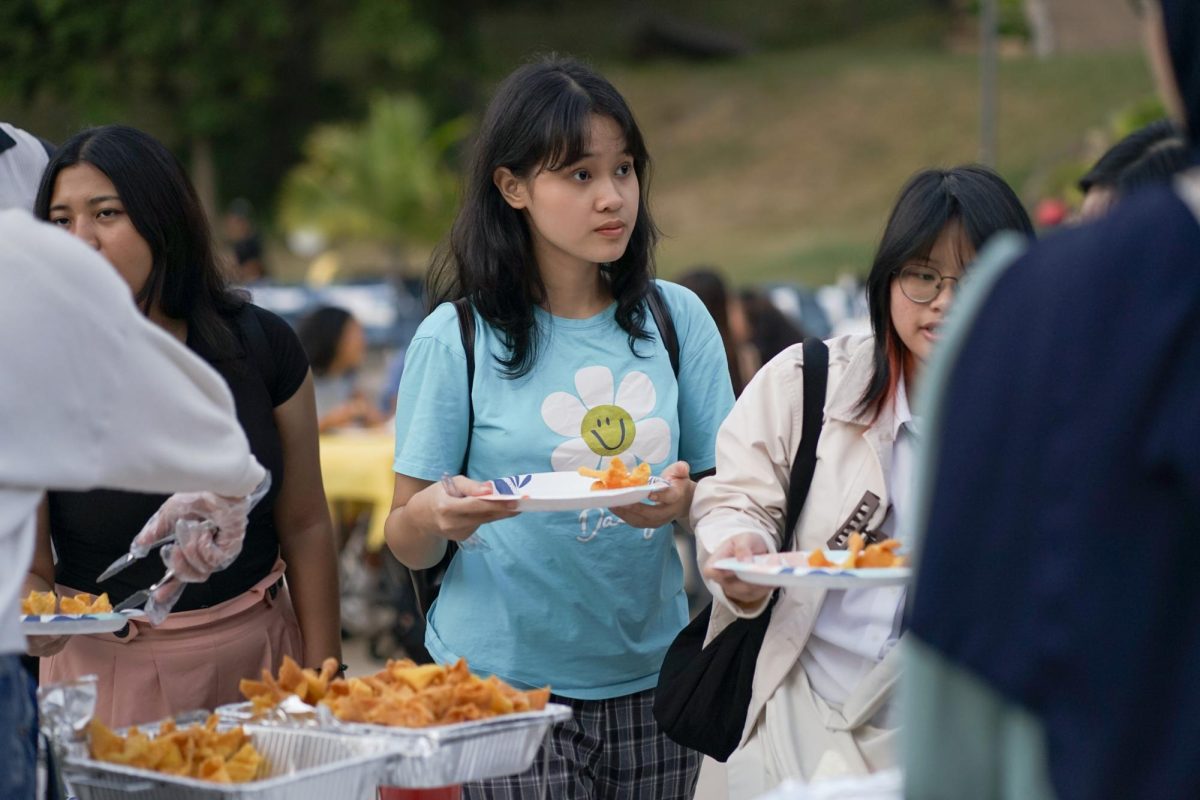






















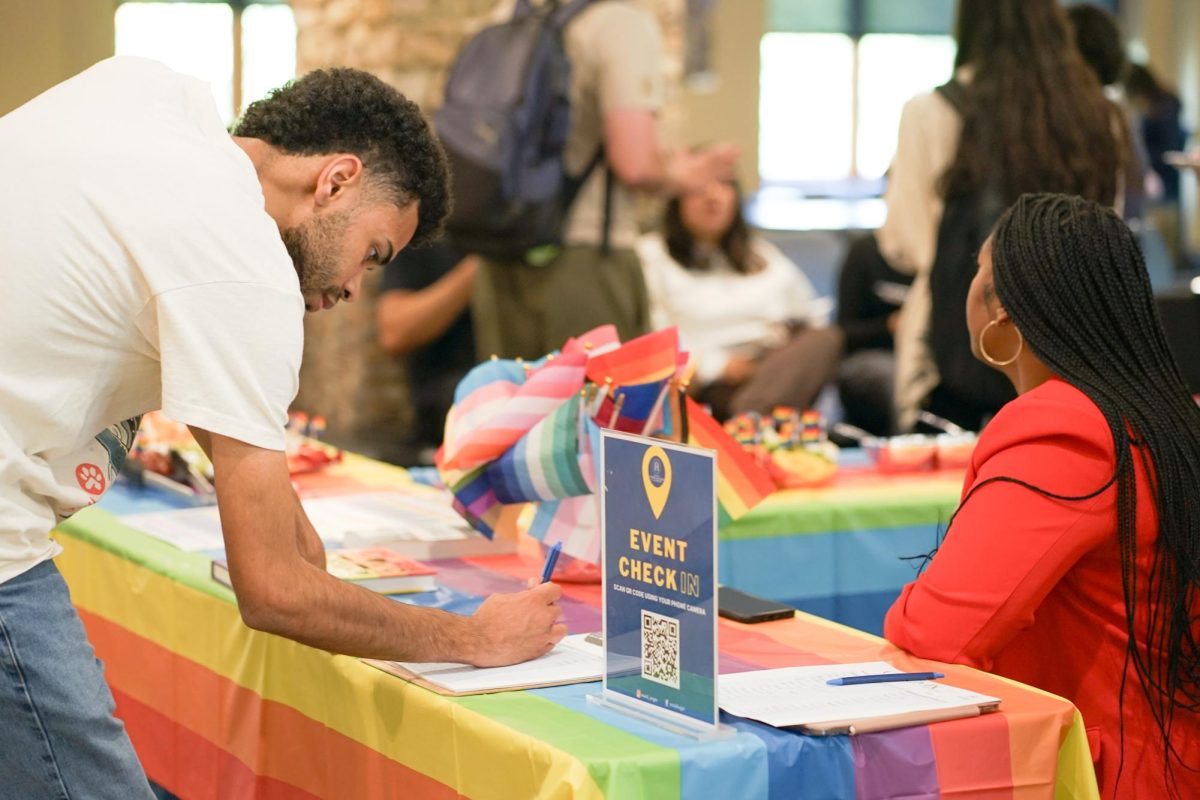


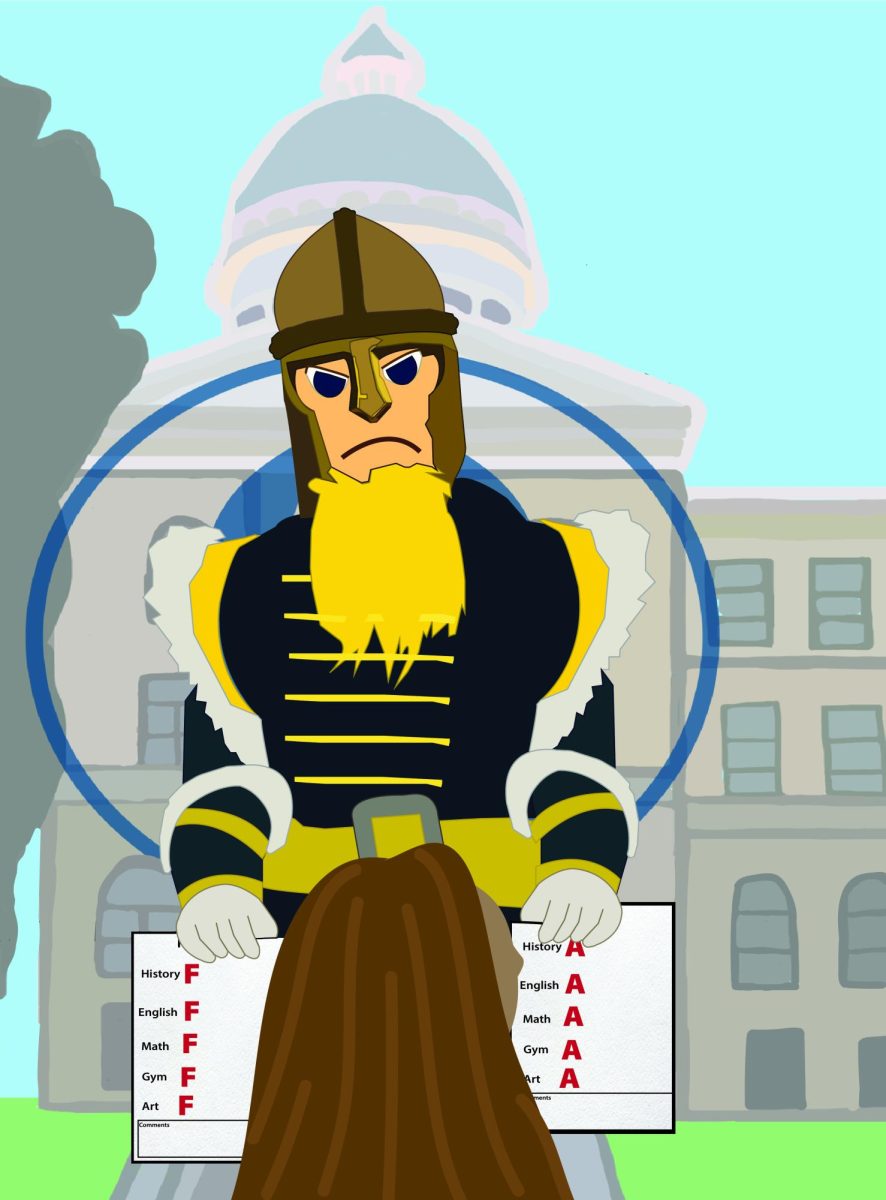





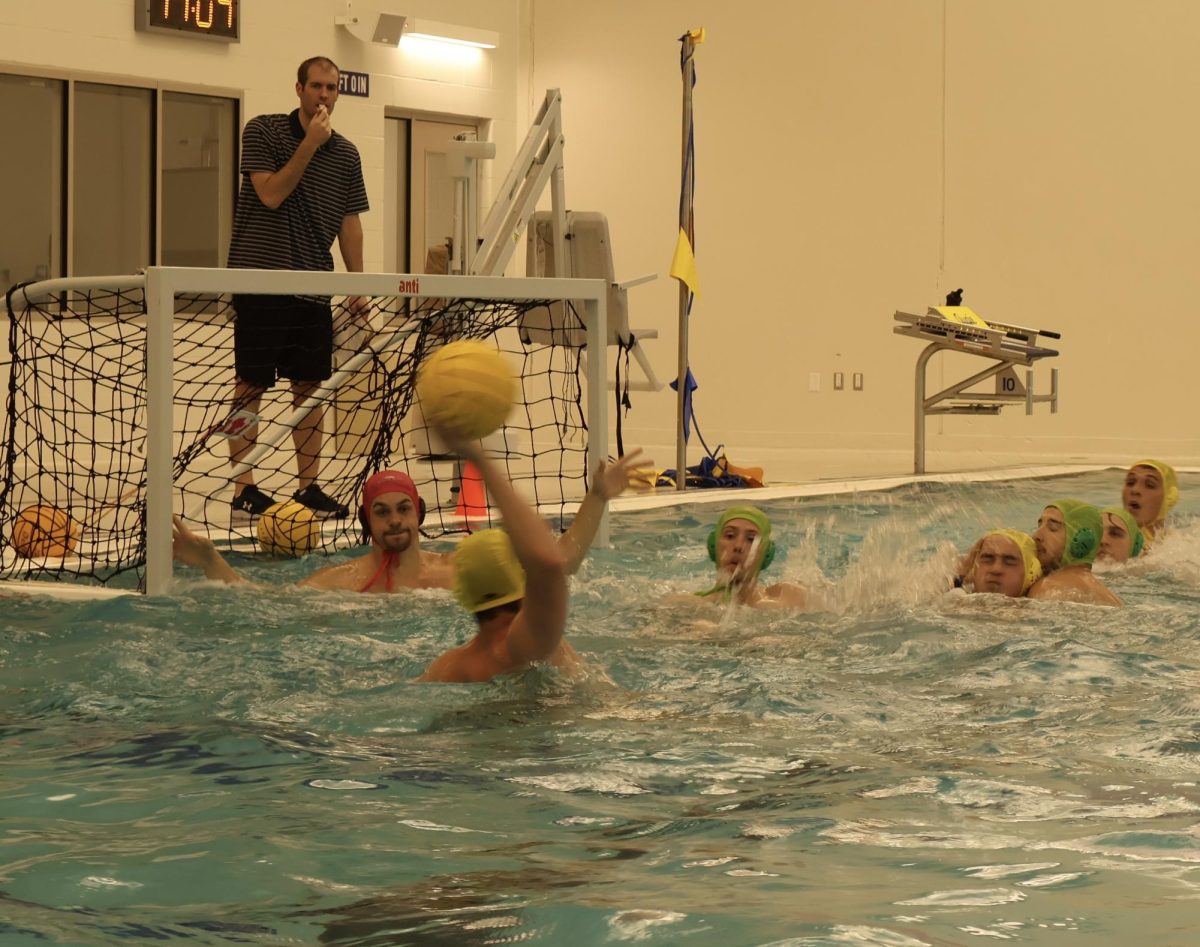



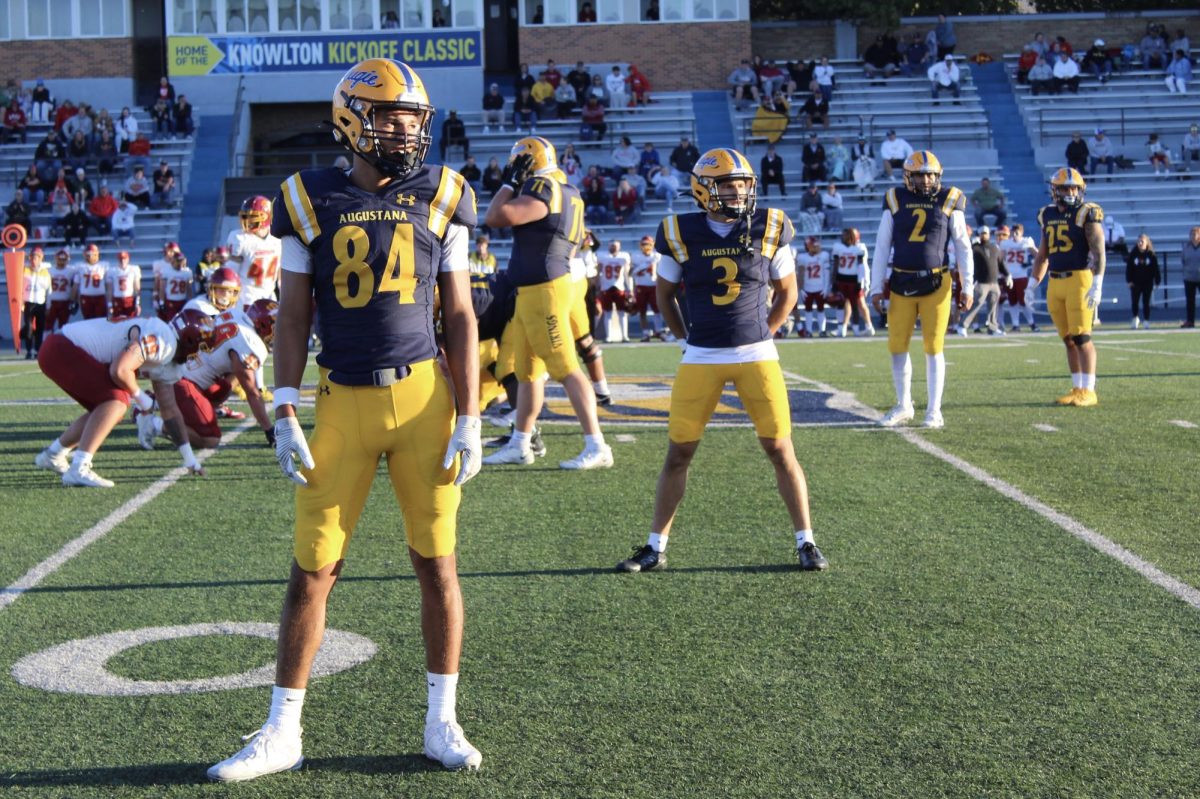























































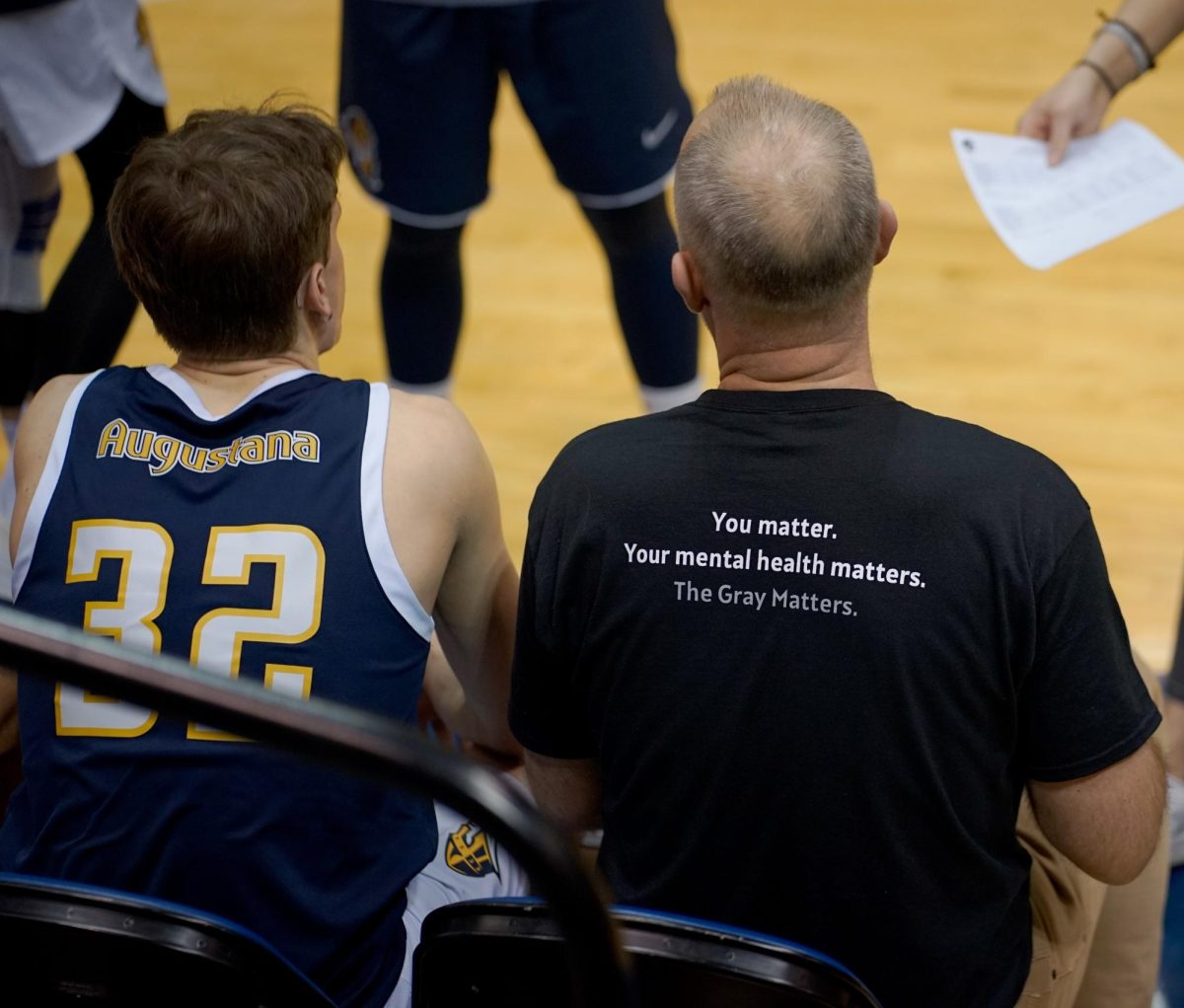
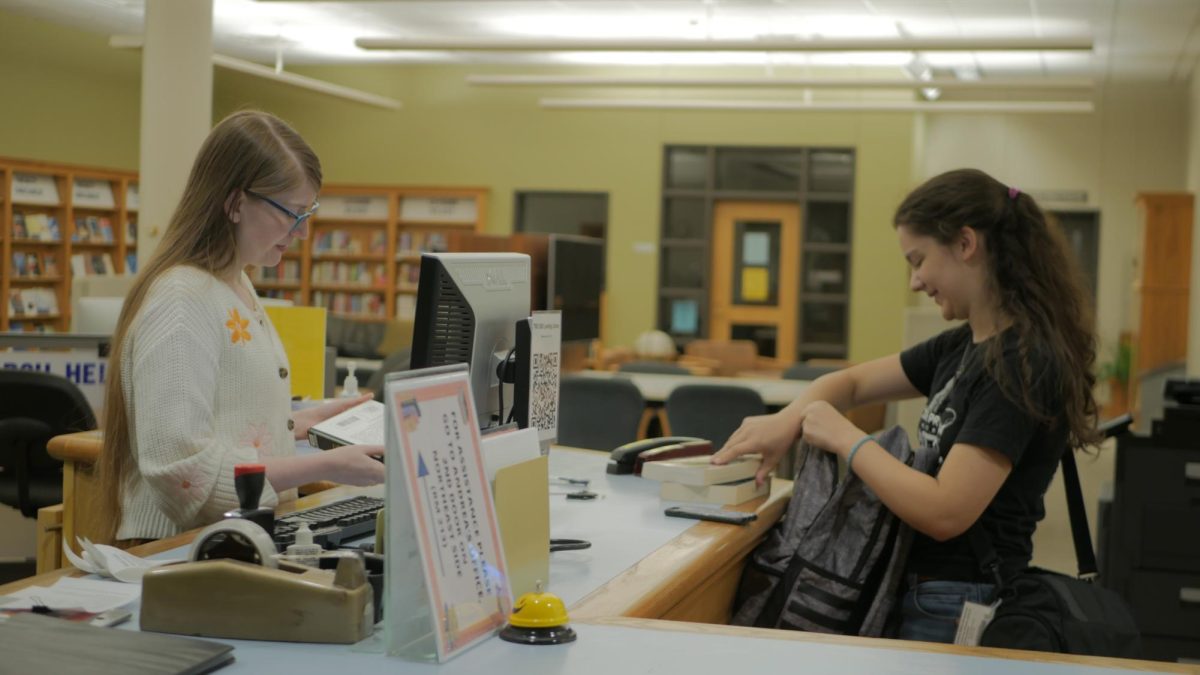
Teddy Gonzales • Feb 29, 2024 at 8:50 am
WHOOWHOO go Kevin! You helped create something that continues to positively impact people’s lives even years after you graduated. Graphic design king & Obs multimedia editor 4eva!